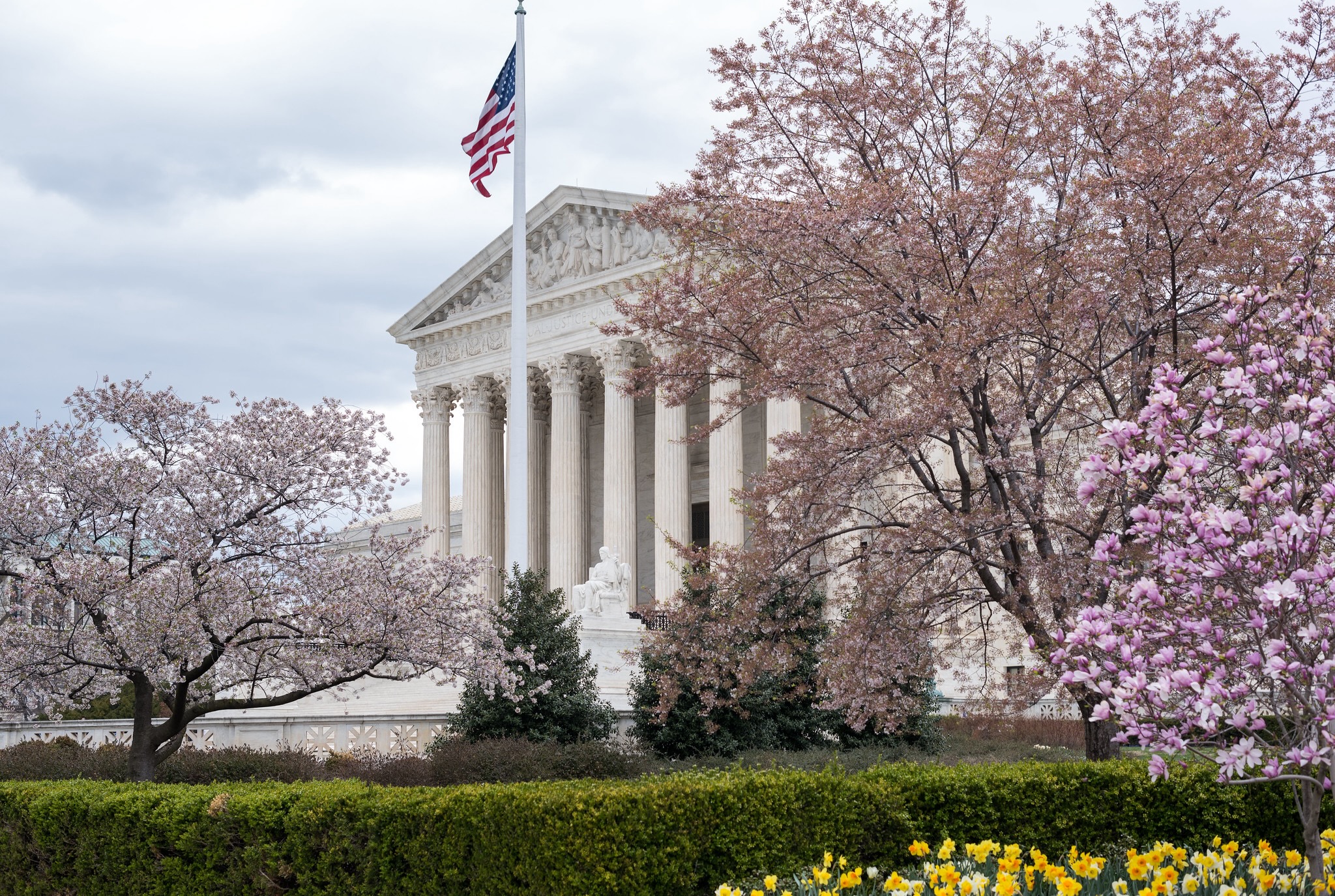Courts rather than arbitrators to decide whether Dogecoin dispute goes to arbitration


Thursday’s opinion in Coinbase v. Suski was brief and matter of fact, skirting lots of ancillary disputes so that the court could dispose of the case by a straightforward reaffirmance of the principle that parties are bound to arbitrate all the disputes, but only the disputes, that they agreed to arbitrate.
The case presents a dispute about a Dogecoin sweepstakes on Coinbase, with the parties relying on two inconsistent documents – Coinbase’s user agreement (which broadly calls for arbitration) and the sweepstakes rules Coinbase distributed (which don’t mention arbitration). The unanimous opinion by Justice Ketanji Brown Jackson turns back to basic contract principles to find a solution. Jackson uses a framework of “multiple levels of agreements concerning arbitration.” The first and most “basic level” is that “the parties can agree to send the merits of a dispute to an arbitrator.” That, in her words, could produce a “first-order disagreement,” a “contest over the merits of the dispute.” A “second-order dispute” would be about “whether they agreed to arbitrate the merits.” A “third-order dispute,” in turn, is a disagreement about “who should have the primary power to decide the second matter.”
Jacksonn could draw her discussion of those three levels of dispute from the court’s earlier cases. Coinbase, though, presented something new, a “fourth” level of dispute: “What happens if parties have multiple agreements that conflict as to the third-order question of who decides arbitrability.” Her answer to that question comes directly from the “traditional contract principles” that limit the obligation to arbitrate based on “whether the parties agreed to send the given dispute to arbitration.” And “that question, she emphasizes, “per usual, … must be answered by a court.”
With the agreement of all the justices, Jackson dismissed all of Coinbase’s contrary arguments in a few pages. First, Coinbase points to the “severability” principle, under which a court faced with a delegation clause (like the one in Coinbase’s original user agreement) cannot reject arbitration without a “direc[t] challenge [to] the arbitration or delegation clause.” Jackson responds that the principle is “satisfied” here, because the challengers claim that a later contract amended that clause.
Second, Coinbase argues that the lower court misapplied California law. Jackson declines to answer that question, because it was not part of the challenge Coinbase originally presented to the court.
Finally, Coinbase argues that the court’s answer will “invite chaos by facilitating challenges to [arbitration agreements].” Jackson simply explains that the justices “do not believe that such chaos will follow,” pointing out that Coinbase involves the unusual situation in which a later contract arguably amends (and rescinds) the agreement to arbitrate. For her, it is self-evident that the question of how to put those contracts together and reach a conclusive interpretation is a task that “a court must decide.”
It is pretty easy to accept Jackson’s assertion that this case will cause little chaos, primarily because it presents such a strange situation that it will have little application in the future. My strong sense is that this turned out to be a minor and unusual dispute that the justices wish they had left alone.
Posted in Merits Cases
Cases: Coinbase, Inc. v. Suski
